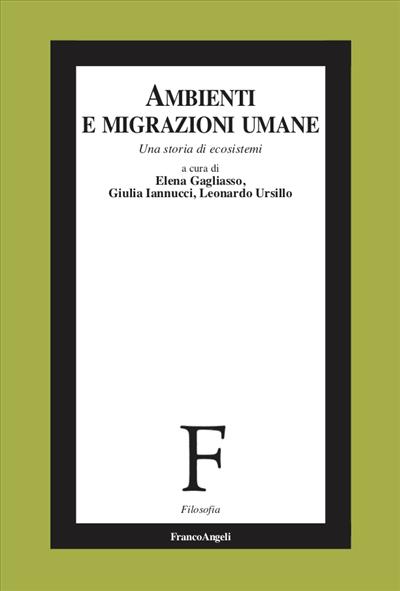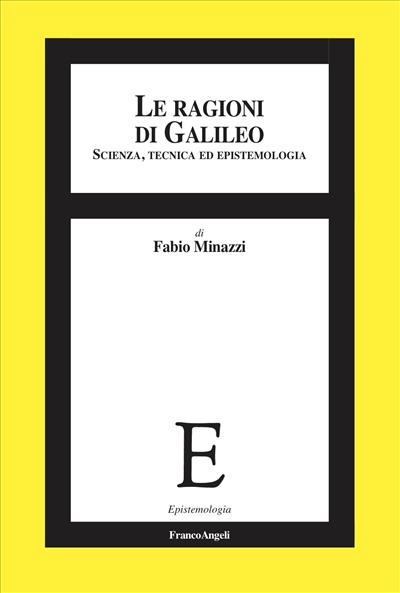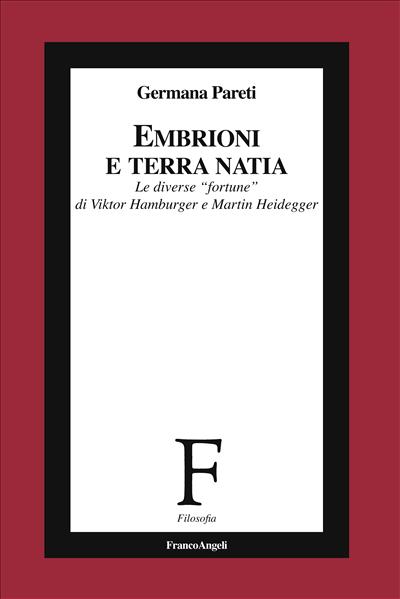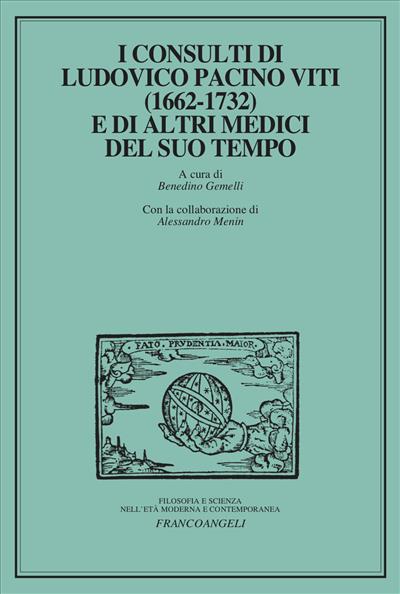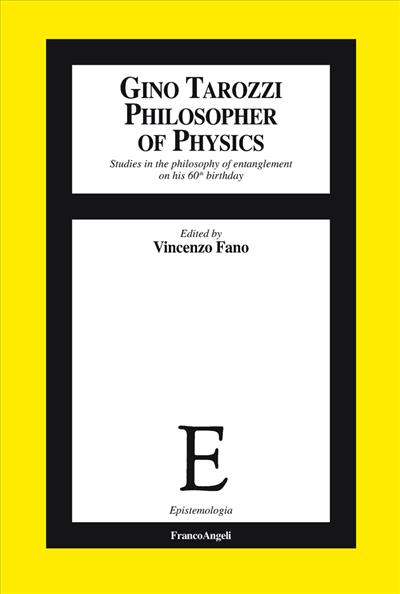
A cura di: Vincenzo Fano
Gino Tarozzi Philosopher of Physics.
Studies in the philosophy of entanglement on his 60th birthday
Starting from the Thirties, Italy has been one of the leading countries in the development of physics. Gino Tarozzi has long been and still is one of the best Italian scholars in the field. The present volume collects several valuable contributions touching upon different philosophical problems, such as entanglement, realism, causality, quantum logic... In the occasion of Tarozzi’s 60th birthday many distinguished scholars, which collaborate with him, evaluate and discuss these topics.
Edizione a stampa
27,00
Edizione a stampa
27,00
Pagine: 208
ISBN: 9788891709172
Edizione: 1a edizione 2014
Codice editore: 490.107
Disponibilità: Buona
PDF con DRM
20,99
PDF con DRM
20,99
Pagine: 208
ISBN: 9788891719287
Edizione:1a edizione 2014
Codice editore: 490.107
Possibilità di stampa: No
Possibilità di copia: No
Possibilità di annotazione: Sì
Formato: PDF con DRM per Digital Editions
